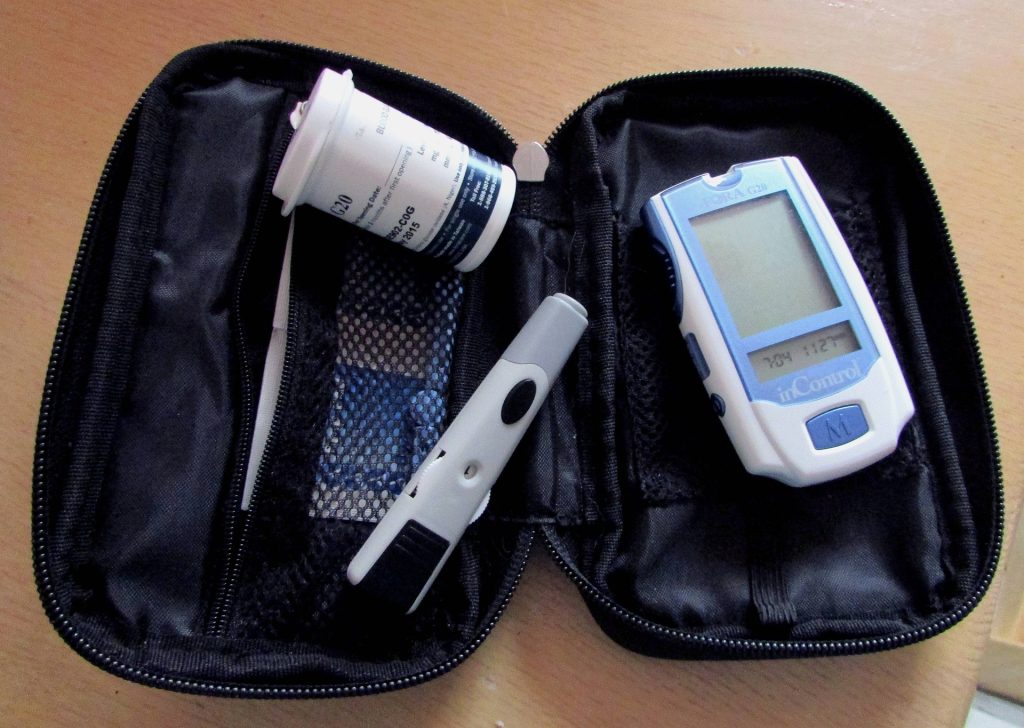Introduction:
Type 3c diabetes, also known as pancreatogenic diabetes or secondary diabetes, is a less common form of diabetes that is caused by conditions affecting the pancreas. Unlike type 1 and type 2 diabetes, type 3c diabetes is not primarily associated with insulin resistance or autoimmune destruction of the pancreatic beta cells. In this article, we will explore the causes, symptoms, diagnosis, and management of type 3c diabetes, as well as conditions related to this form of diabetes.
What is Type 3c Diabetes?
Type 3c diabetes is characterized by impaired insulin production due to damage or dysfunction of the pancreas. This damage can be caused by various conditions, including chronic pancreatitis, pancreatic cancer, pancreatic surgery, cystic fibrosis, and other pancreatic diseases or injuries. These factors disrupt the normal functioning of the pancreas, leading to a deficiency in insulin production and subsequent diabetes.
Causes of Type 3c Diabetes:
Type 3c diabetes is typically caused by the following conditions:
- Chronic Pancreatitis: Long-term inflammation of the pancreas can result in the destruction of insulin-producing cells and lead to type 3c diabetes.
- Pancreatic Cancer: Tumors in the pancreas can obstruct the normal functioning of the organ, affecting insulin production and causing diabetes.
- Pancreatic Surgery: Surgical removal of all or part of the pancreas can disrupt its ability to produce insulin, resulting in type 3c diabetes.
- Cystic Fibrosis: This genetic disorder can cause a thickening of secretions in the pancreas, leading to blockages and damage to the insulin-producing cells.
Conditions Related to Type 3c Diabetes:
Type 3c diabetes is often associated with other pancreatic disorders or injuries, including:
- Pancreatic Exocrine Insufficiency: This condition refers to a deficiency in the production or secretion of digestive enzymes by the pancreas, which can be caused by chronic pancreatitis or other pancreatic diseases.
- Pancreatic Fibrosis: Fibrosis, or the development of scar tissue, can occur in the pancreas due to chronic inflammation, impairing its function.
- Pancreatic Cancer: The presence of pancreatic cancer can cause both the destruction of insulin-producing cells and the obstruction of the pancreatic duct, leading to type 3c diabetes.
Symptoms of Type 3c Diabetes:
The symptoms of type 3c diabetes are similar to those of other forms of diabetes and may include:
- Frequent urination
- Excessive thirst
- Unexplained weight loss
- Fatigue and weakness
- Increased hunger
- Blurred vision
- Slow healing of wounds
- Recurring infections
Type 3c Diabetes Diagnosis:
Diagnosing type 3c diabetes requires a thorough medical evaluation, including a detailed medical history, physical examination, and various diagnostic tests. These tests may include blood glucose tests, glycated hemoglobin (A1C) test, pancreatic imaging (such as CT scan or MRI), and sometimes specialized tests like pancreatic function tests.
Managing Type 3c Diabetes:
The management of type 3c diabetes involves a combination of lifestyle changes, medications, and close monitoring. Treatment goals are aimed at achieving optimal blood glucose control, managing symptoms, and minimizing the risk of complications. The treatment plan may include:
- Insulin Therapy: Since type 3c diabetes is characterized by insufficient insulin production, most individuals will require insulin therapy to regulate blood glucose levels effectively.
- Medications: In some cases, oral diabetes medications or other injectable medications may be prescribed to help manage blood sugar levels.
- Dietary Modifications: A balanced and healthy diet is crucial for managing type 3c diabetes. It typically involves consuming a variety of nutrient-rich foods, controlling portion sizes, monitoring carbohydrate intake, and avoiding sugary and processed foods.
- Regular Physical Activity: Engaging in regular exercise helps improve insulin sensitivity, control blood sugar levels, and maintain overall health. It is important to consult with a healthcare professional to determine the appropriate type and intensity of physical activity.
- Blood Sugar Monitoring: Regular monitoring of blood glucose levels is essential to track the effectiveness of treatment, identify patterns, and make necessary adjustments to medication or lifestyle.
Treatment of Underlying Conditions:
Managing the underlying pancreatic disorder or injury, such as chronic pancreatitis or pancreatic cancer, is crucial in the overall management of type 3c diabetes. This may involve medical interventions, surgical procedures, or other specialized treatments.
Conclusion:
Type 3c diabetes is a distinct form of diabetes caused by conditions that affect the pancreas, leading to impaired insulin production. It is important to recognize and diagnose type 3c diabetes accurately, as its management differs from that of type 1 or type 2 diabetes. Understanding the underlying conditions, symptoms, and appropriate treatment approaches is crucial for effectively managing type 3c diabetes and minimizing the risk of complications. If you suspect you may have type 3c diabetes or are experiencing symptoms, it is important to consult with a healthcare professional for proper evaluation and guidance.
